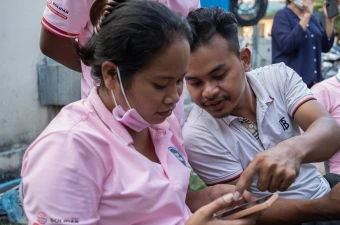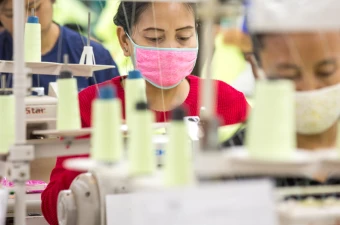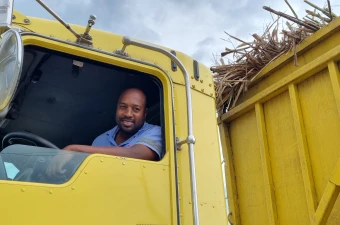Spotlight on Bonsucro's certification practices
A recent New York Times article has revealed the harrowing reality for many women in India’s sugar industry, the world’s second-largest producer. These women face debt bondage and are often coerced into hysterectomies, bringing the spotlight onto Bonsucro's certification practices at sugar mills. Labor rights organizations, including CNV Internationaal, are now calling for significant changes, particularly the establishment of a Human Rights Taskforce.
Criticism of current certification Processes
Critics argue that Bonsucro's current certification processes fall short of guaranteeing labor rights, primarily due to the exclusion of workers' voices in the auditing and decision-making processes. This has sparked an intense internal debate among Bonsucro members about the organization’s future direction.
Concerns over systemic labor issues
While large companies and sugar mills have shown some support for these initiatives, concerns remain about Bonsucro's capacity to address systemic issues. Some members believe that labor rights violations cannot be eradicated through stricter certification processes alone; broader structural changes within supply chains are needed—changes that go beyond Bonsucro’s direct influence.

CNV Internationaal’s position
At CNV Internationaal, we recognize that the sugar sector still has a long way to go in improving labor rights and human rights. We believe that multi-stakeholder organizations like Bonsucro can play a decisive role in this journey.
Central to this effort is the need for social dialogue, involving workers and their unions, to address these human rights challenges.
Urgency for Change and Commitment to Dialogue
“CNV Internationaal will seriously evaluate its participation in Bonsucro if constructive dialogue on worker-related issues doesn’t lead to change within the next year”
states Maurice van Beers, CNV Internationaal's regional coordinator for Latin America.
Addressing wage gaps and worker exploitation
A critical point in this discussion is the precarious wage conditions for workers. Our Fair Work Monitor has revealed alarming wage gaps in the sugar industry. Far too many workers earn less than a living wage, and some even less than the legal minimum—an illegal and unacceptable situation. This issue must be brought to the forefront to design collective interventions aimed at ensuring a living wage for all workers.
Pathway to cooperation and sustainable change
Our commitment is clear: cooperation to improve working conditions could open up new opportunities for progress.
Proposals for improved monitoring and Social Dialogue
We have proposed increased union involvement in monitoring working conditions. In the face of audit and grievance mechanisms that often fail to identify and resolve vulnerabilities, the Fair Labor Observatory's Digital Monitoring offers a powerful tool to identify needs, gaps, and areas for improvement, directly from the workers themselves.
These initiatives, potentially part of a Human Rights Taskforce, would involve companies investing in tangible improvements, engaging local experts, and promoting social dialogue to achieve real and sustainable change. This approach can test methodologies that could benefit the entire sector.
Bonsucro’s role in leading change
The path to significant improvements in labor rights within the sugar industry is complex and fraught with challenges. However, there is a growing consensus among stakeholders that Bonsucro has a unique opportunity to lead this change.
By fostering collaboration between companies, trade unions , and NGOs, constructive dialogue can help overcome current tensions and pave the way for a fairer and more sustainable future for the entire sugarcane production chain, with a strong focus on workers’ rights.
Publication date 22 08 2024


